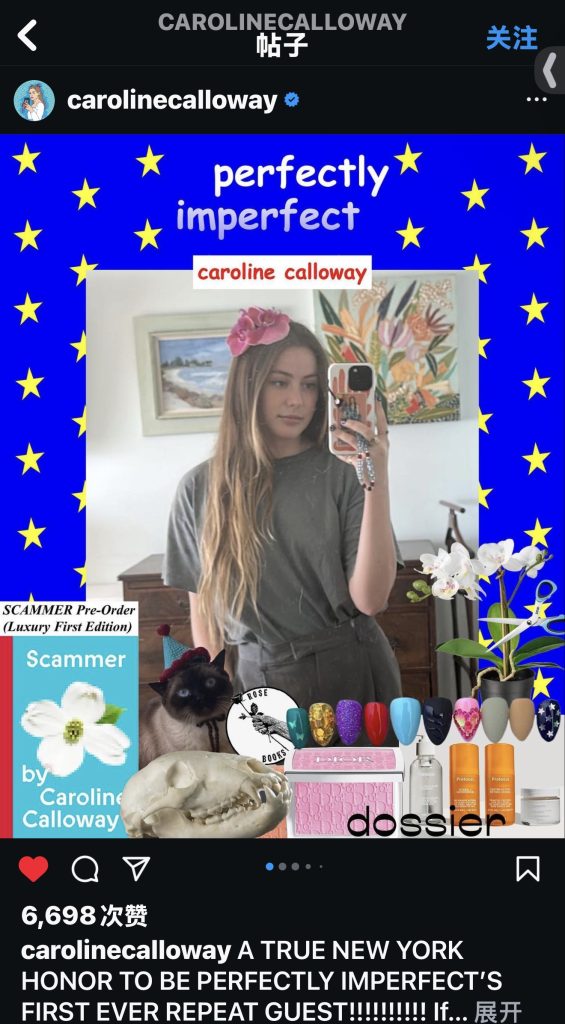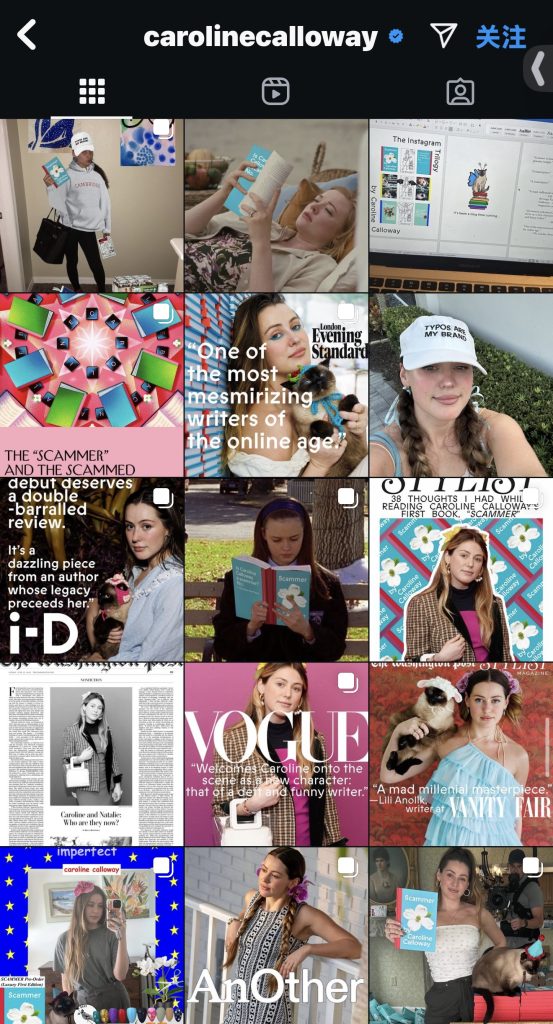In today’s internet world,identity construction has expanded beyond face-to-face interaction to the wider digital space. Our online identities including social media profiles, behaviours, shape not only how others perceive us, but also how we perceive ourselves, and unlike physical identity formation, which is deeply rooted in cultured and social interactions, digital identities allow people to experiment with ways of presenting themselves that are inconsisten with their offline roles (Turkle,1995).
Online platforms allow people to mould their personas differently depending on theb platform context. For example, a person may portray a sophisticated persona on Instagram while displaying a fun and humorous side on TikTok. While this flexibility allows for self-expression, it also has the potential to lead to fragmentation, and people may feel pressured to present their selves on a number of different platforms when they are carefully curated, which can easily lead to a dissonance between digital and real-life identities(Papacharissi,2012).


Another factor that influences digital identity, such as behaviours like liking, commenting and so on, encourages users to focus more on engagement than authenticity, and when individuals are competing for attention and recognition online, constant comparisons and recognition online, constant comparisons with others’ perfect performances are more likely to lead to the destruction of self-esteem , and this reliance on external aspects of self-worth highloghts how digital spaces can affect self-perceptions in a way that erodes true self-confidence(Boyd, 2014).
American blogger Caroline Calloway attracted a huge following by showcasing an idealised and sophisticated life through Instagram, bujt has since been exposed for fictional and exaggerated content. Her close friend Natalie Beach revealed that many of her posts were carefully curated and that her real life was not as luxurious and perfect as she made it out to be. After the incident, Caroline publicly admitted and began sharing a more authentic side of herself, confession her struggles with social media pressure. This cases serves as a reminder that the “perfect life” of many internet celebrities is just a polished image, and that real life is far less idealised than social media make it out to be.

“demure”
In recent years, there has been a shift towards authenticity,with users advocating for transparency and ‘realness’ online. There is a growing desire to align online personas with authentic values to counteract the pressures of performative self-presentation, however, this remains a challenge as individuals weigh up the pros and cons of openness and privacy risks.
In summary, as digital spaces continue to evolve, the challenge is to cultivate digital identities that support self-expression while mitigating the pressures and influences that characterise the online environment, and mastering this balance leads ro a more cohesive sense of identity across digital and real-world experiences.
References
- boyd, d. (2014). It’s Complicated: The Social Lives of Networked Teens. Yale University Press.
- Papacharissi, Z. (2012). A Networked Self: Identity, Community, and Culture on Social Network Sites. Routledge.
- Turkle, S. (1995). Life on the Screen: Identity in the Age of the Internet. Simon & Schuster.


Hello,
What a great read. I thoroughly enjoyed reading this blog post. You selected the same topic as I did for this task and found it interesting to compare it to mine. You listed a few trusted sources as your selection of references for this post which I found as relevant to this topic. The point you made of comparing different personas of people on different platforms like TikTok and Instagram was also very smart and relatable. Giving an example of a popular, trendy American blogger was also an authentic move to point out some inconsistencies in how people portray themselves online compared to than in their real, actual lives.
Awesome!
After reading this article, I learned about the complexity of digital identity construction, especially how to balance self-expression with authenticity. And reminds us of the importance of authenticity in the pursuit of online identity.